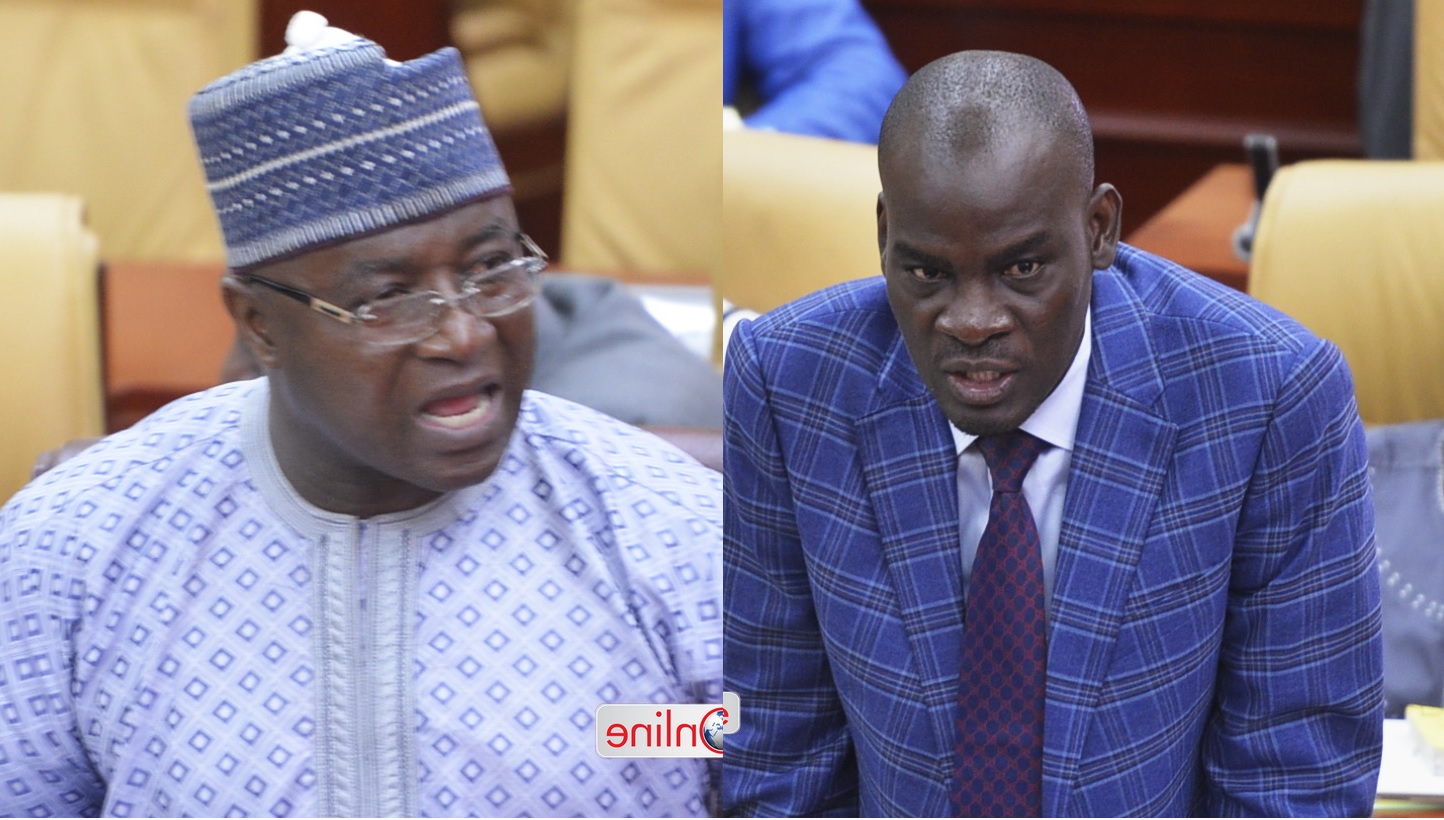
Majority lauds govt for economic management but Minority disagrees
The Majority and Minority Members of Parliament (MPs) last Tuesday slugged it out as to which government did better in managing the economy, as they began the debate on the 2019 Budget Statement and Economic Policy of government
The Majority members contended that the New Patriotic Party (NPP) government had over the last two years improved the micro-economic indicators, such as lowering inflation and interest rates, growing agriculture and creating employment.
But the Minority members said the erstwhile National Democratic Congress (NDC) government laid the foundation for the NPP government, which showed in the improvements in the 2017 micro-economic indicators.
However, they said, the performance of the government in 2018 was abysmal with rising interest rates, inflation and lower gross domestic product (GDP).
Another area of contention was the level of debt accumulated by each government and the use to which the debt was put to.
There were also jabs and proverbs to demonstrate the level of 'incompetence' of the current government and that of the erstwhile NDC government.
The Minister of Finance, Mr Ken Ofori-Atta, read the 2019 Budget on November 15, 2018.
Micro-economic indicators
Leading the debate for the Majority side, the NPP Member of Parliament (MP) for New Juaben South and Chairman of the Finance Committee of Parliament, Dr Mark Assibey-Yeboah, said the NDC had run to the International Monetary Fund (IMF) in April with the aim to restore debt sustainability, ensure micro-economic stability returned to high growth, create jobs and protect social spending.
He said there were slippage but none of them was achieved by the time the NPP government took over.
For instance, he said the NPP inherited declining economic growth in 2016 at 3.7 per cent, the lowest in 23 years.
That was the mess they had to come and clean.
Besides, Dr Assibey-Yeboah said there was declining growth in agriculture, rising unemployment, high fiscal deficit of 9.3 per cent, fast-rising public debt, 73.1 per cent debt-to-gross domestic product (GDP) ratio, high interest rates that were killing businesses and high inflation.
He said when the NPP government took over, it had to extend the programme with the IMF, adding that after 22 months, the micro-economic indicators had all improved.
"Every single micro-economic indicator has improved where you left it. The GDP figure you left at 3.7 per cent, for 2018, with rebase, GDP is 5.4 per cent, inflation is down, interest rates have come down. Every single microeconomic indicator has improved under the NPP's watch," he said.
The Minister of Information and NPP MP for Ofoase/Ayirebi, Mr Kojo Oppong-Nkrumah, said the NDC government left behind a mess which the NPP government was cleaning.
He said the budget was poised to achieve six pillars, namely infrastructure development, agriculture modernisation, industrialisation, domestic revenue mobilisation, entrepreneurship and social protection.
A Deputy Minister of Finance and MP for Atiwa East, Ms Abena Osei-Asare, said the accusation that thegovernment had increased the country's debt from GH¢120 billion to GH¢170 billion was not true.
She said only GH¢20 billion of that amount was incurred by the current government, as the rest were debt arrears for statutory payments left behind by the NDC government.
Minority's take
Responding, the Ranking Member on the Finance Committee of Parliament and Minority Spokesperson on Finance, Mr Cassiel Ato Forson, said Ghana's public debt had increased from GH¢120 billion in 2016 to GH¢170 billion.
He said in September 2017, the debt stood at GH¢138 billion, and indicated that within 12 calendar months, the government had added to the public debt a GH¢32 billion.
"Twelve calendar months and you call this competence. This is substandard. Approximately GH¢2.6 billion a month. This GH¢170 million debt cannot be acceptable," he said.
Mr Forson said capital expenditure utilised for the first nine months was GH¢3.7 billion, comprising domestically financed capital expenditure of GH¢1.83 billion the foreign finance of GH¢2.61 billion.
